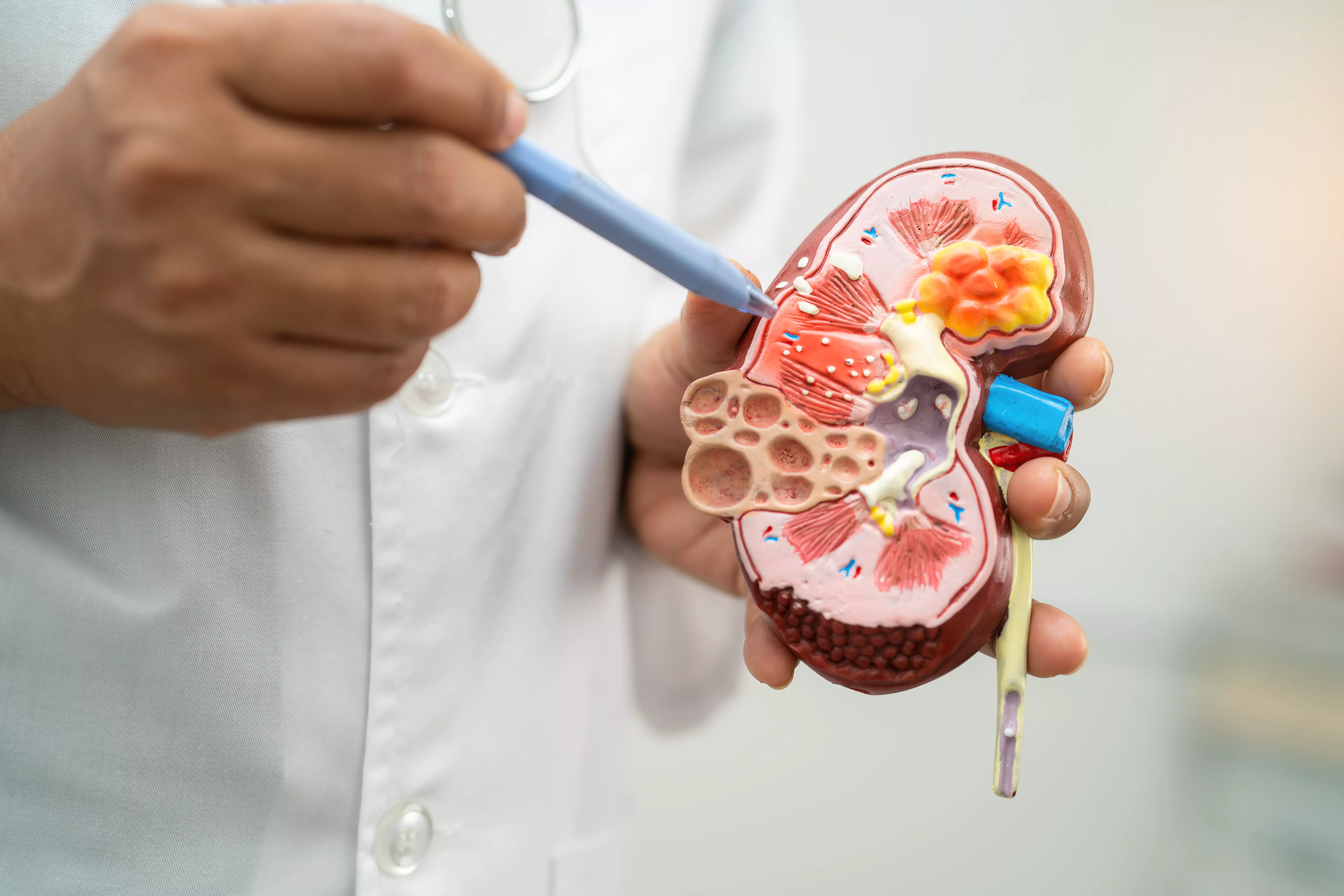Principles of a proper diet for patients with kidney disease
A proper diet is of great importance for patients with kidney disease, as it affects the maintenance of kidney health and function. For these conditions, it is important to provide the body with the right amount of nutrients, while limiting substances that can negatively affect kidney function. Following a proper diet can significantly improve the quality of life for patients with kidney disease. 
1. Limit sodium intake
Sodium is one of the most important ingredients that should be limited in the diet of patients with kidney disease. Too much sodium intake can lead to water retention in the body, which puts a strain on the kidneys. Patients should avoid table salt and sodium-rich products such as fast food and processed foods. Instead of salt, herbs and other spices can be used to give food flavor without adding salt.
2. Control protein intake
Protein intake should be controlled in patients with kidney disease. Too much protein can strain the kidneys as their metabolism requires more effort. The diet should reduce meat intake and instead focus on plant-based protein sources, such as legumes, soybeans and nuts. There are also special protein formulas that can be tailored to the individual patient's needs.
3. Avoiding high-caffeine drinks
High-caffeine drinks, such as coffee, tea and energy drinks, should be limited or eliminated from the diet of patients with kidney disease. Caffeine can lead to an increase in blood pressure and stress the kidneys. Instead of high-caffeine beverages, patients should choose herbal teas or decaffeinated drinks, which are more beneficial to kidney function.
4. Proper fluid intake
Consuming adequate fluid intake is crucial for patients with kidney disease. Depending on the severity of kidney disease, it may be necessary to limit fluid intake to avoid excessive water retention. However, too little fluid intake can lead to dehydration and worsen overall health. Patients should consult a physician or nutritionist to determine the appropriate amount of fluids to consume.
5. Limit phosphorus and potassium
Phosphorus and potassium intake should be controlled in patients with kidney disease. Chronic kidney disease can lead to increased levels of these substances in the blood, which can adversely affect body function. Patients should avoid products rich in phosphorus, such as dairy products, nuts and seeds. Limiting potassium intake is possible by avoiding bananas, tomatoes, avocados and fruit juices.
Summary
A proper diet is extremely important for patients with kidney disease. Limiting sodium intake, controlling protein intake, avoiding highly caffeinated beverages, proper fluid intake and limiting phosphorus and potassium intake are key to maintaining kidney health and improving the patient's quality of life. Therefore, patients should consult a physician or nutritionist to determine an appropriate diet tailored to their individual needs.
Add comment